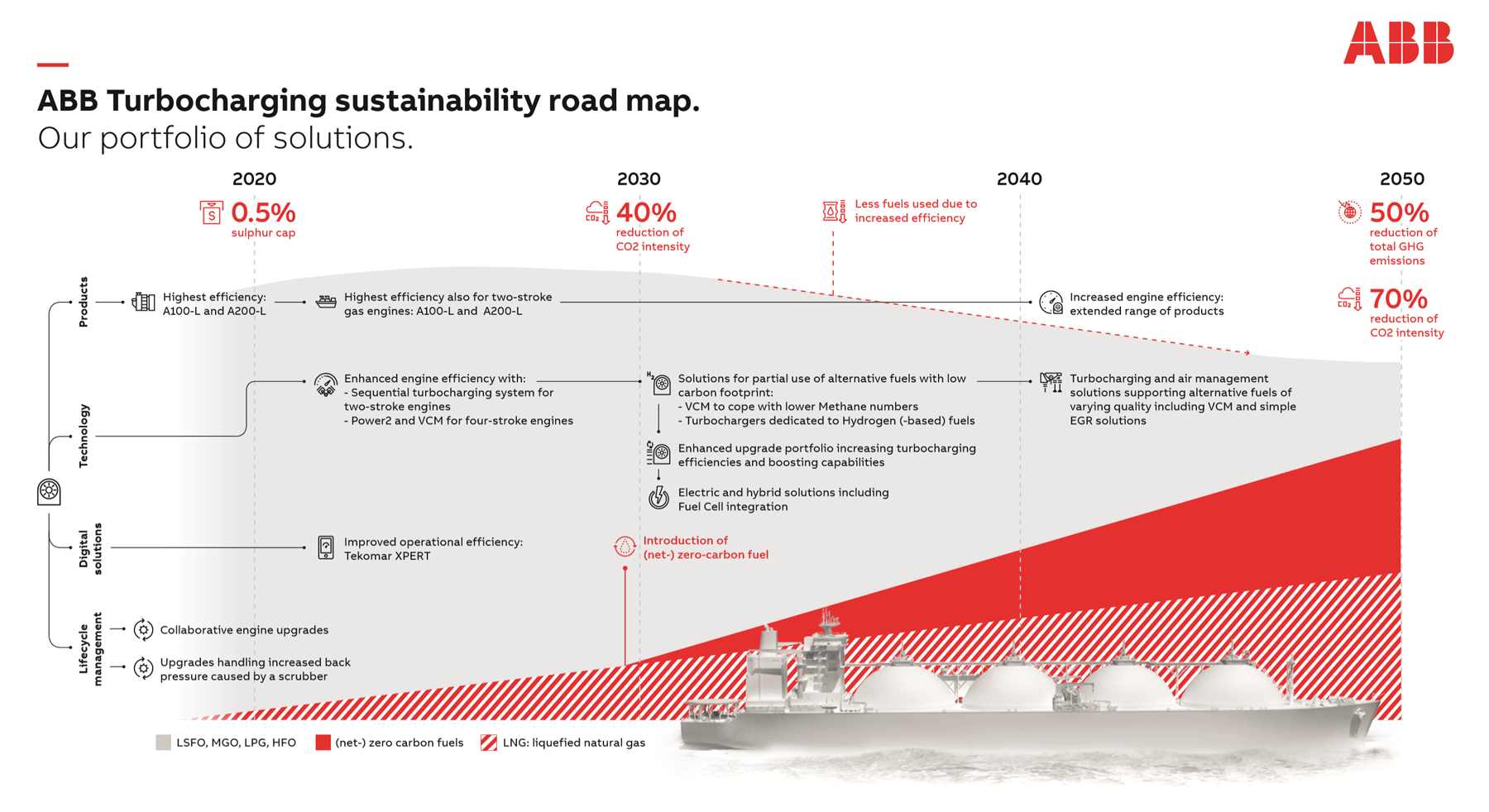The World Economic Forum at Davos took place last week, on its 50th anniversary. The theme of this year’s forum was “Stakeholders for a Cohesive and Sustainable World”. According to the WEF, addressing current threats to the planet, “The urgency of climate change dominates everything: all five of the top risks by likelihood and three by impact are climate related.”
The chairman of ABB’s board of directors, Peter Voser, was among those attending the event and agrees with this assessment, saying: “Accepting responsibility for the environment and future generations [is] both a moral imperative and an important foundation for business.” Safeguarding our planet’s future will require collaboration and co-operation between all kinds of organisations, since climate change is, “a problem that we can only solve together on a global level,” he says.
At ABB, one of the largest industrial companies in Switzerland, there has been a concerted effort for some years to reduce emissions and introduce sustainable practices. Peter cites 500 to 600 new initiatives annually at the company to increase the sustainability of ABB’s work. And this shift is entirely visible in our annual reports: “Close to 60% of our global revenues come from with solutions that protect the environment and combat global warming. We want to increase this percentage even further in 2020.”
At ABB Turbocharging, we’re very much aligned with this mission. All our efforts are around increasing efficiency – making sure that every drop of fuel delivers the maximum value and wastage is continually reduced. In very simple terms, that is the very essence of a turbocharger – a machine that uses otherwise wasted energy to increase the efficiency of engines. Refining that process, making sure that even more savings are possible or efficiency is increased, with every iteration of the technology, is our life’s work.
Our product line is all about doing more with less. This has a commercial impact, of course, in terms of cost-savings, but those savings are also helping to increase the sustainability of transportation. Take Power2 our two-stage turbocharging system , for example, which offers fuel-savings of more than 5% in comparison to the turbochargers it replaces.

Engineering skill in the field is equally important to the products we develop in the factory. We work directly with ship owners and operators to deliver upgrades to the efficiency of engines to help them meet and beat emissions targets. Our recent work with Odfjell, for example, helped the company cut CO2 emissions by 3%, and NOx emissions by 20%, helping its tanker BOW SUN to maintain IMO compliance.
The success of efforts to increase efficiency and so reduce fuel consumption are very much tied to owners’ and operators’ ability to understand what’s happening in the engine rooms across their fleet. Without proper, comparative measurement, it can be very difficult to accurately understand where efficiency is low and where taking action will deliver the most effective results. This is an area where we are beginning to achieve success through digital innovation. ABB Ability™ Tekomar XPERT for fleet is designed to offer this visibility, through engine-level monitoring across a fleet, allowing owners and operators to focus upgrades and service investments where the rewards will be greatest.
 ABB is committed to sustainability
ABB is committed to sustainability
Achieving the change required to meet world targets for climate control will require more effort and more innovation. As ABB’s Head of Technology, Christoph Rofka, told us last year, investment into working with alternative and synthetic fuels, such as hydrogen and LNG, are hoped to allow a transition to reimagined internal combustion engines with a radically reduced environmental impact.
Ultimately, every company must become a greener company and do its utmost to move the dial on increasing sustainability. This is not just a moral imperative, but also a commercial one. As Peter Voser concludes: “Only those who meet expectations about sustainability will be able to attract loyal customers and motivated employees from the next and future generations.”














